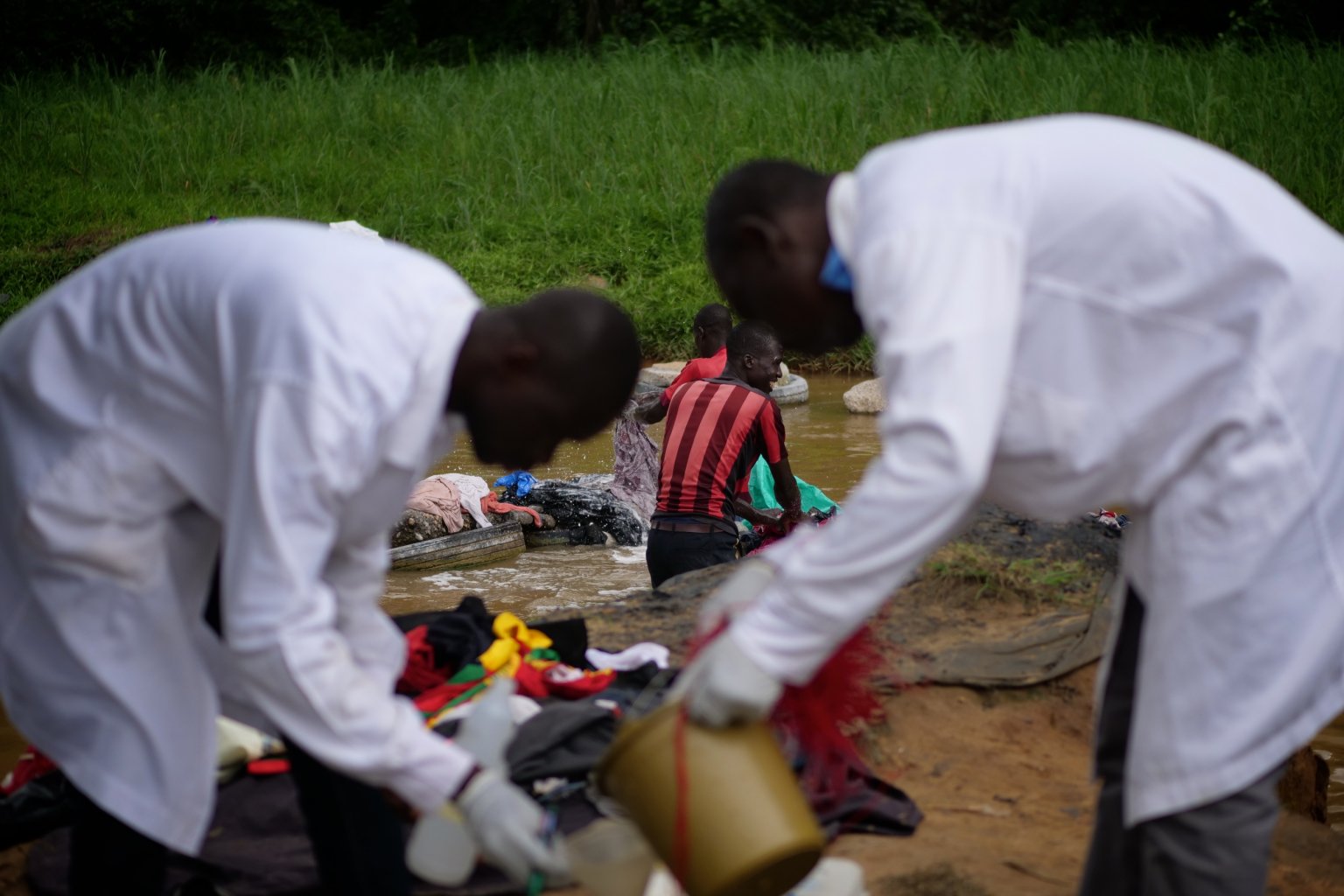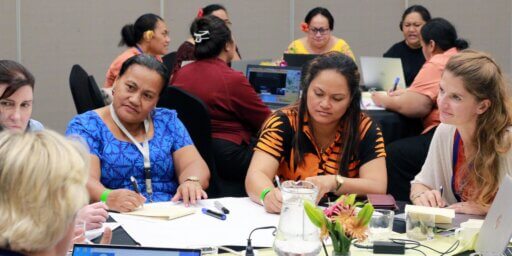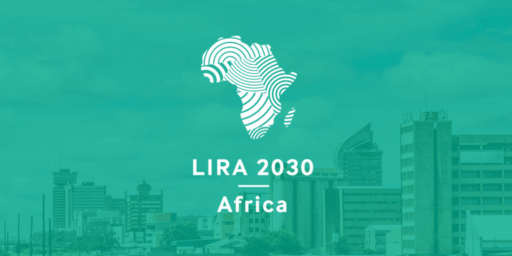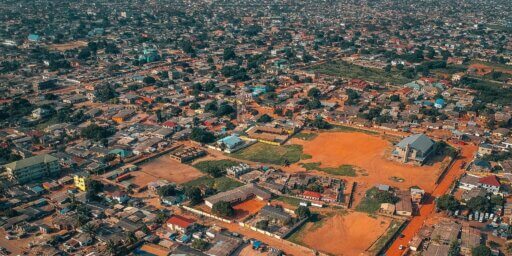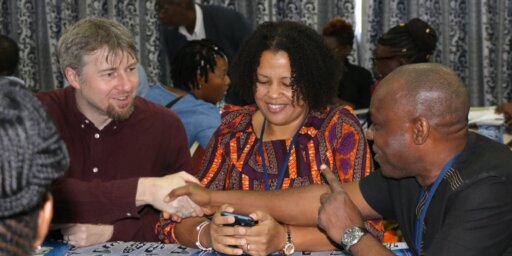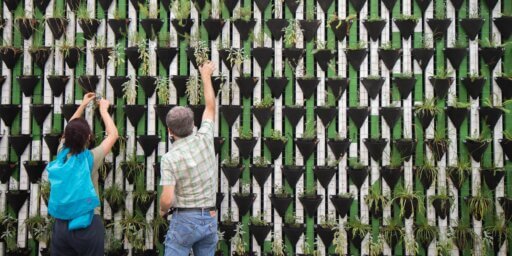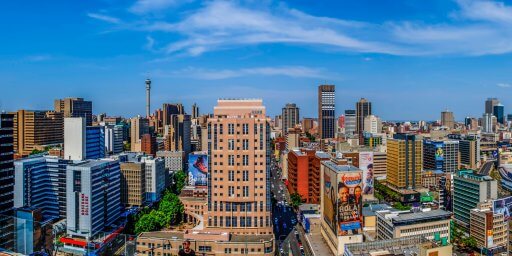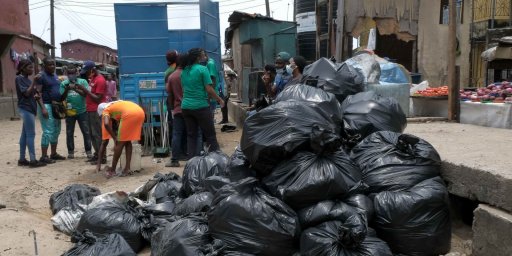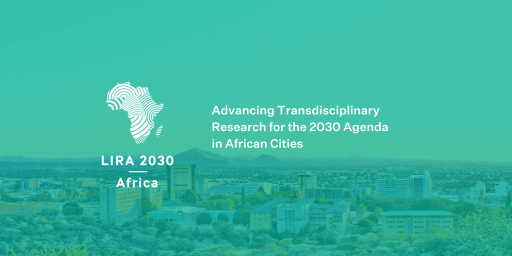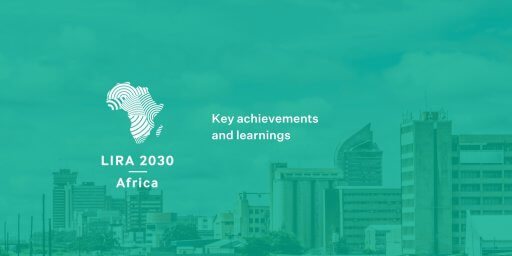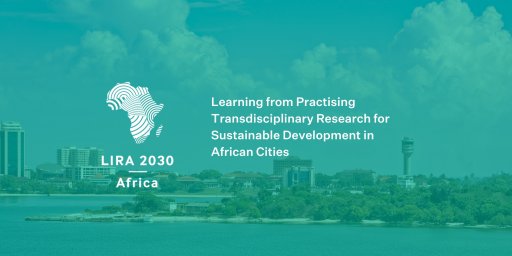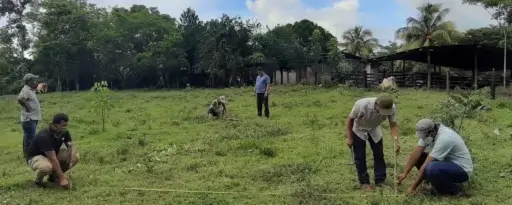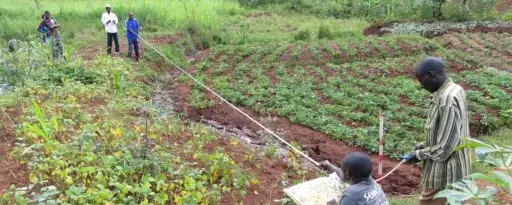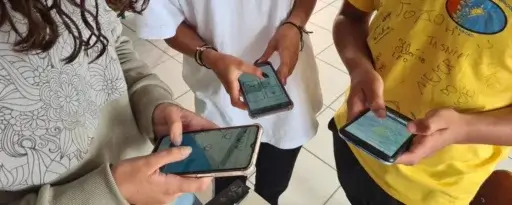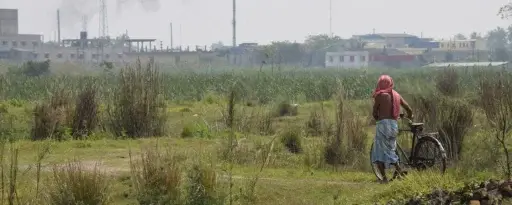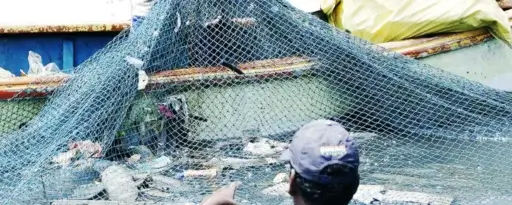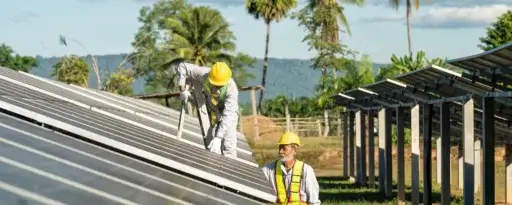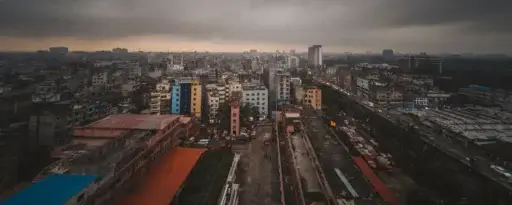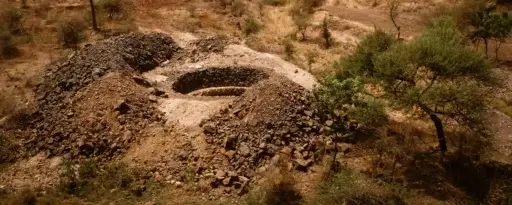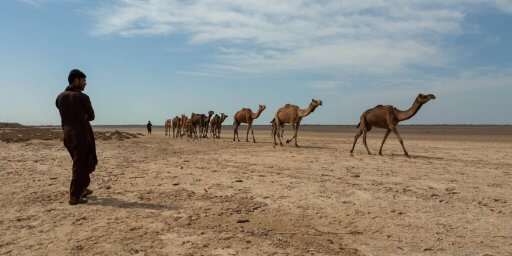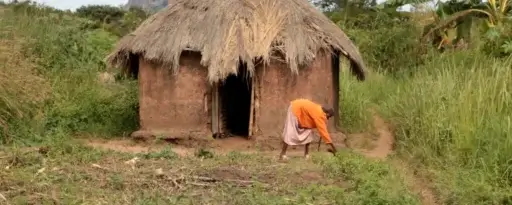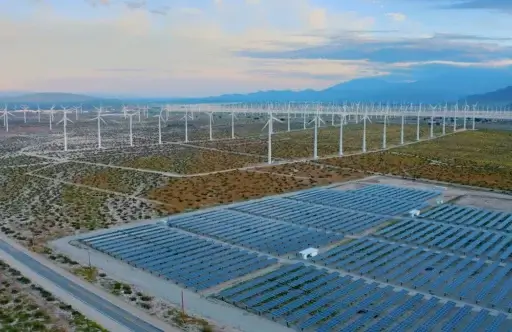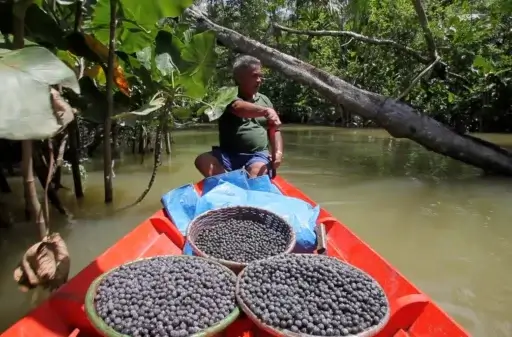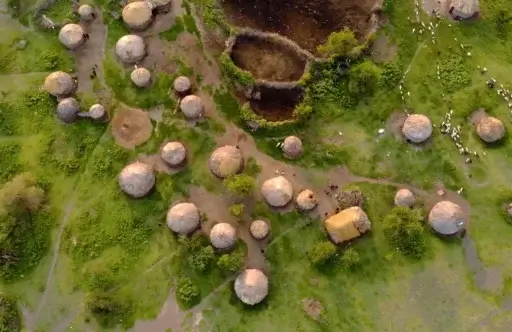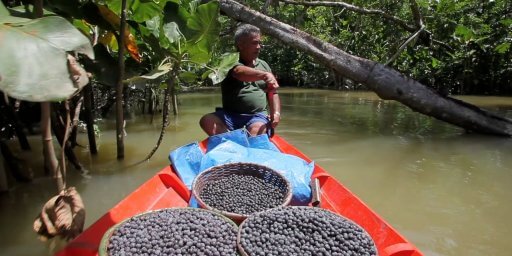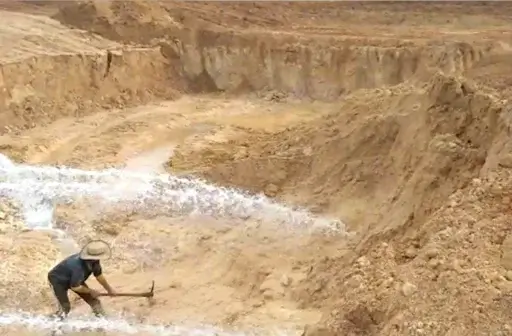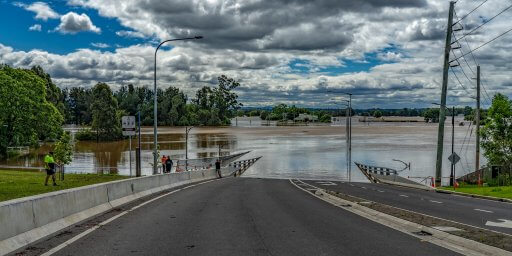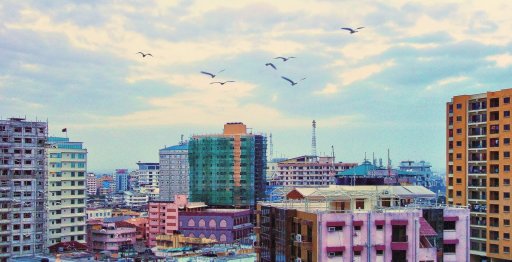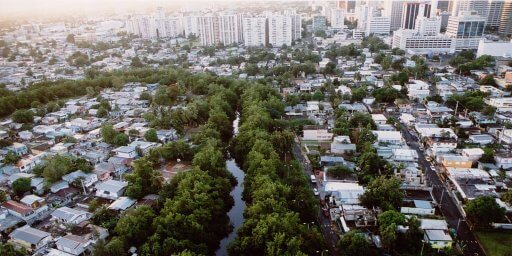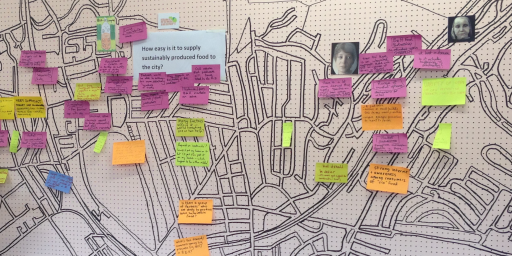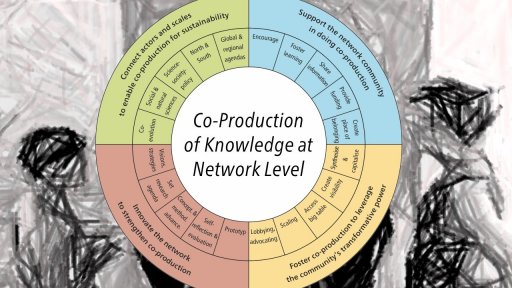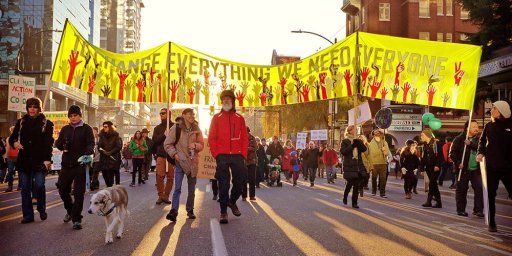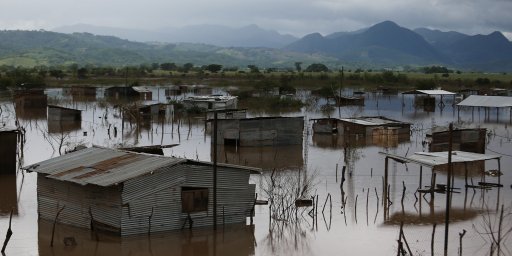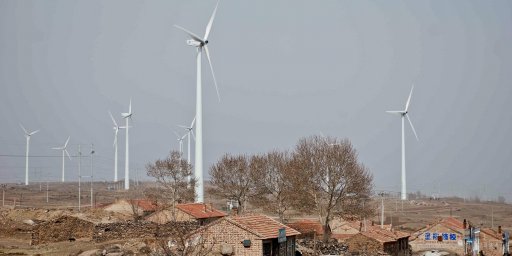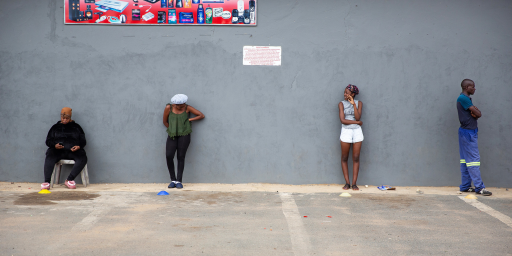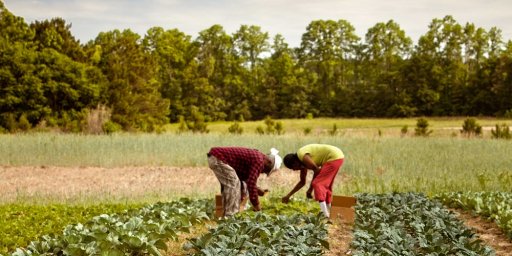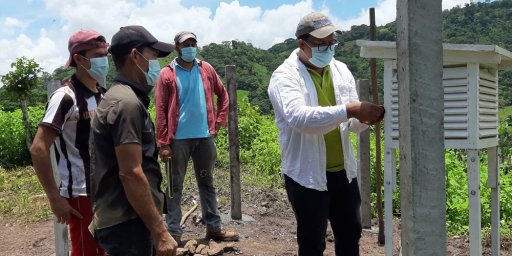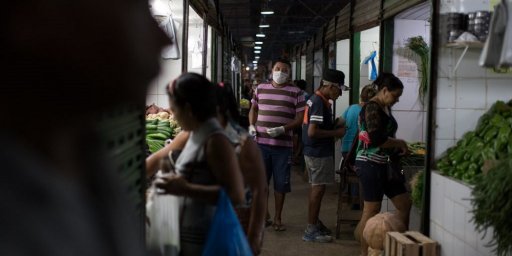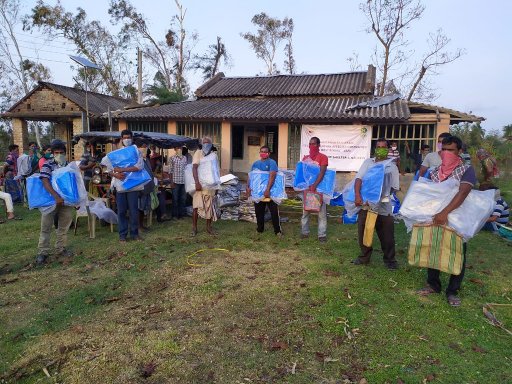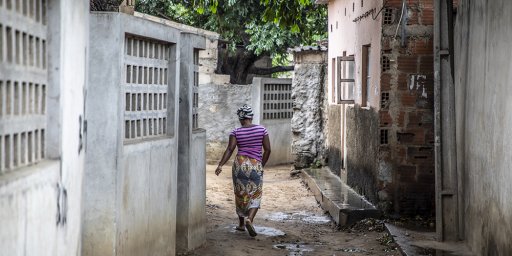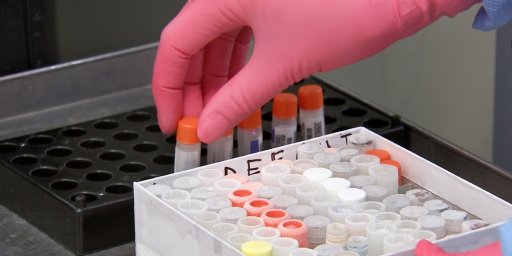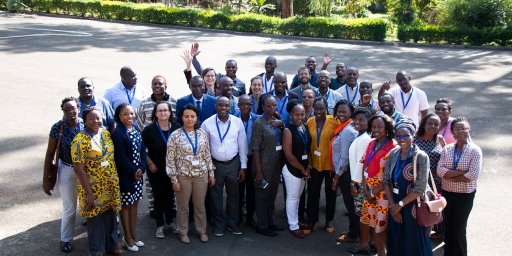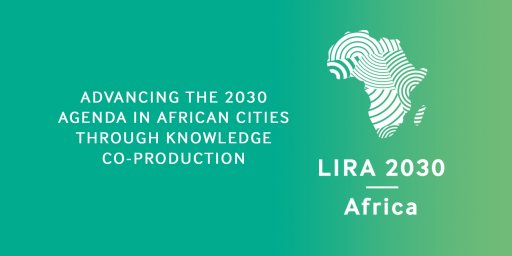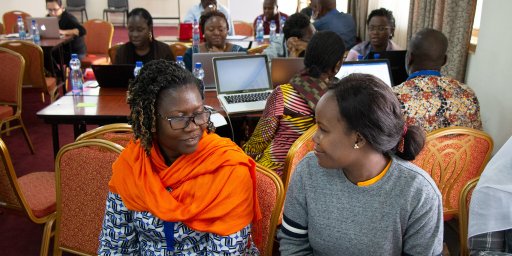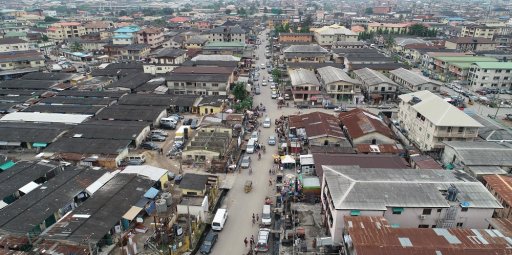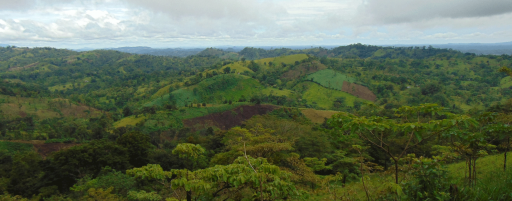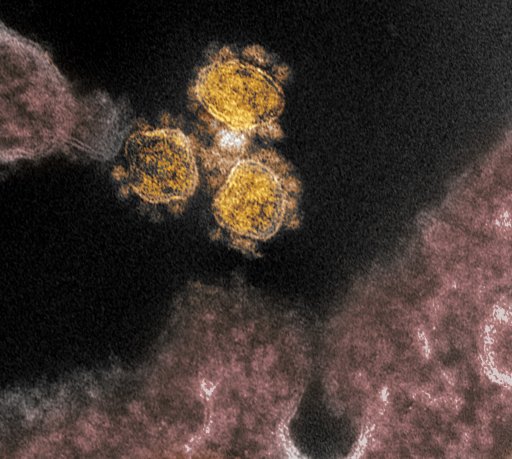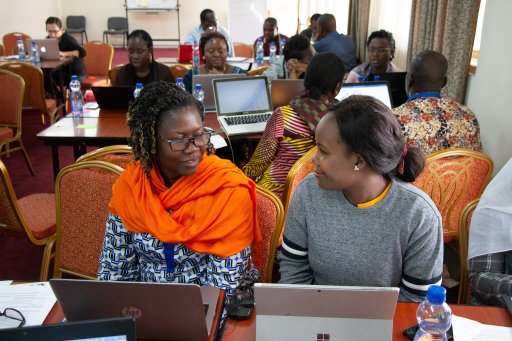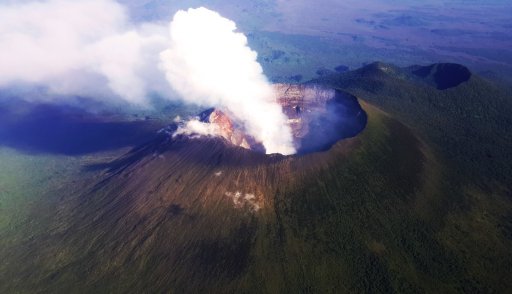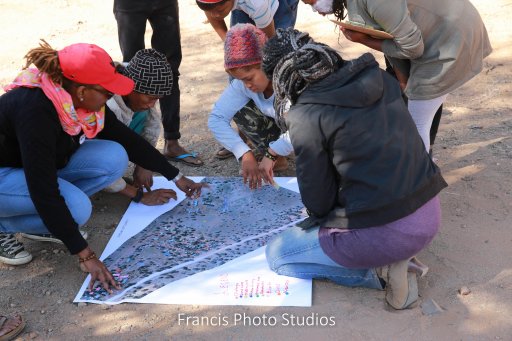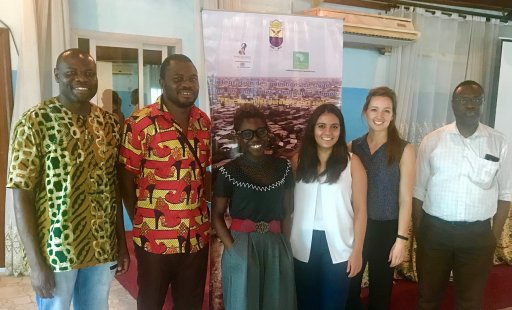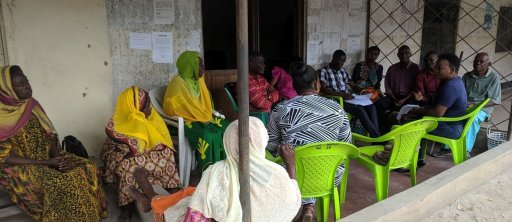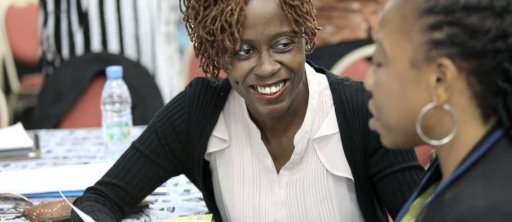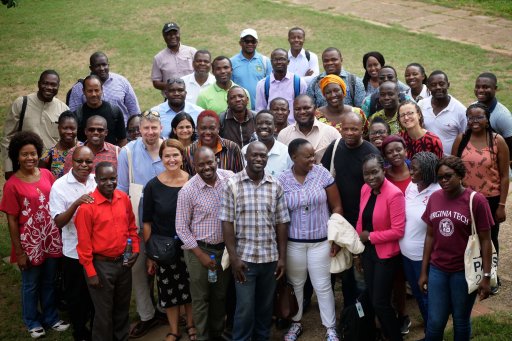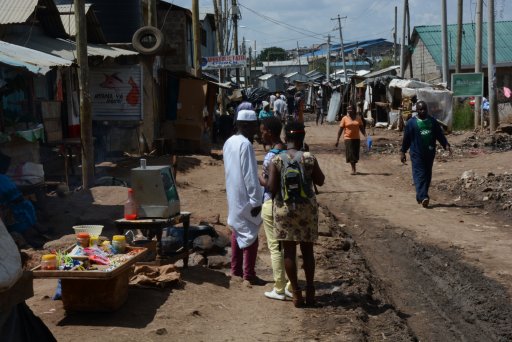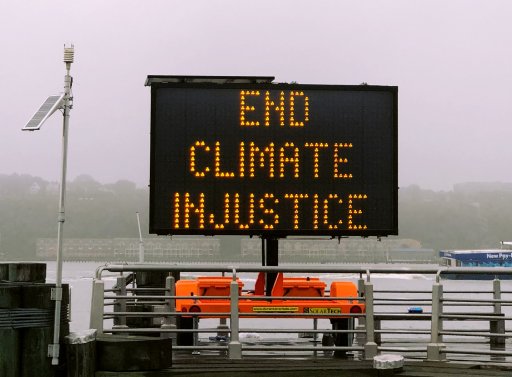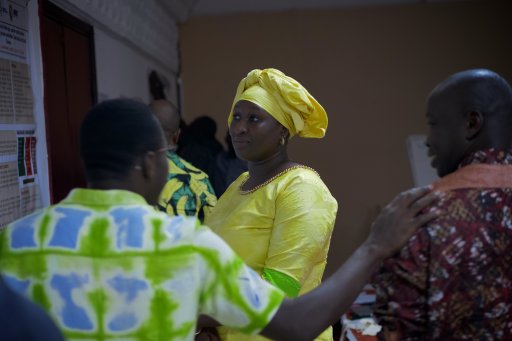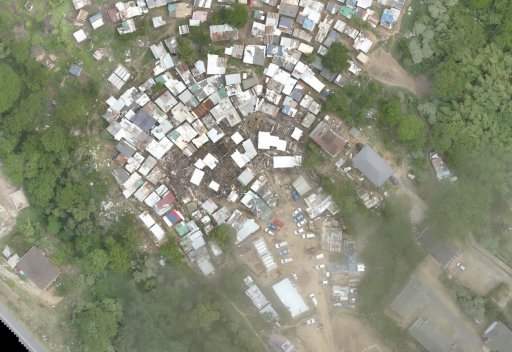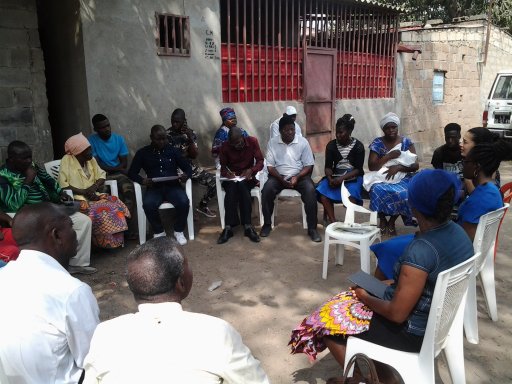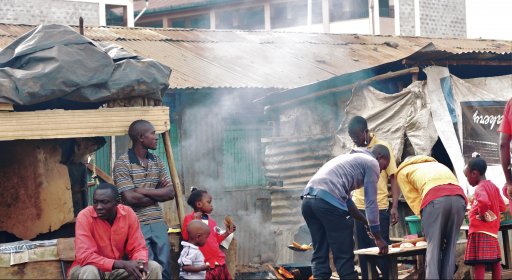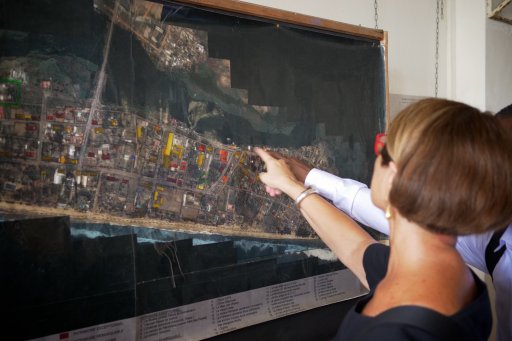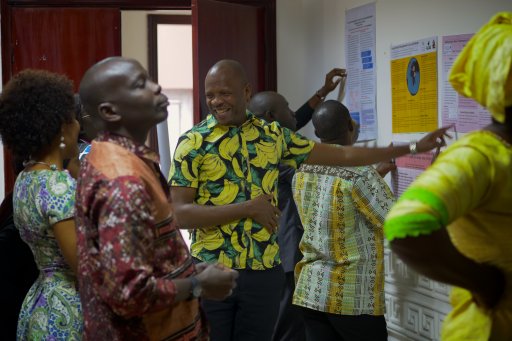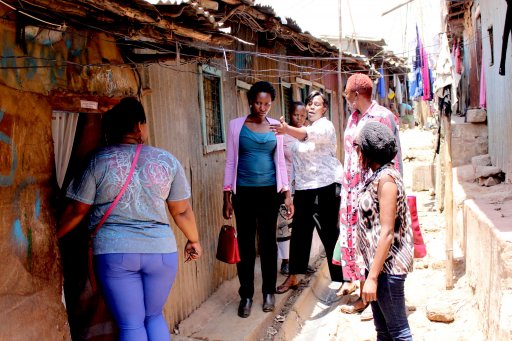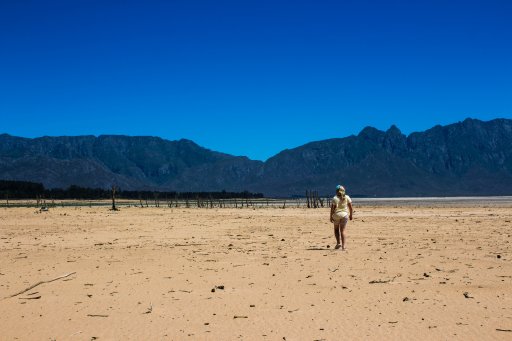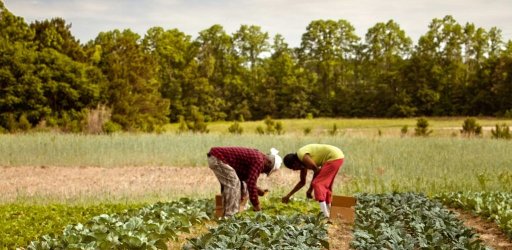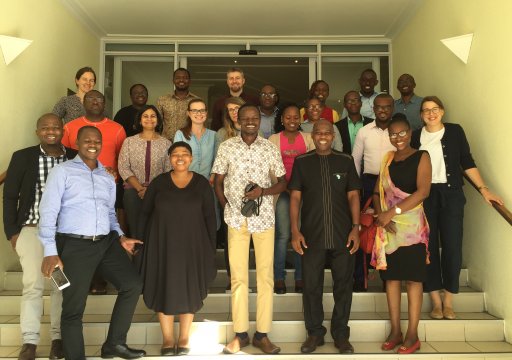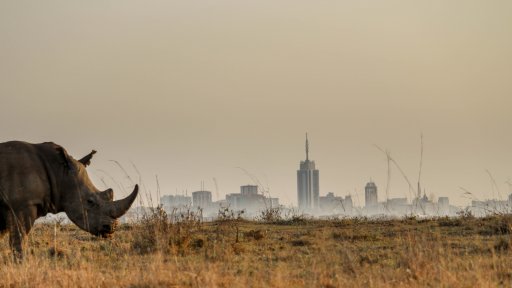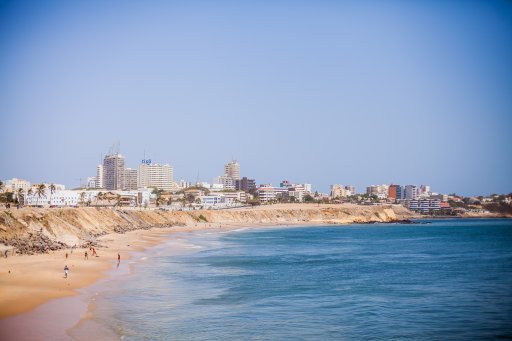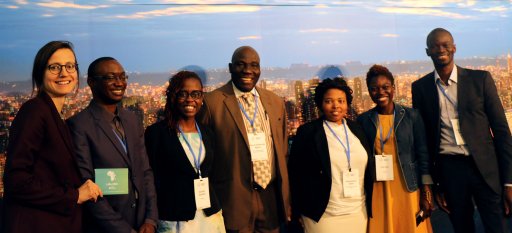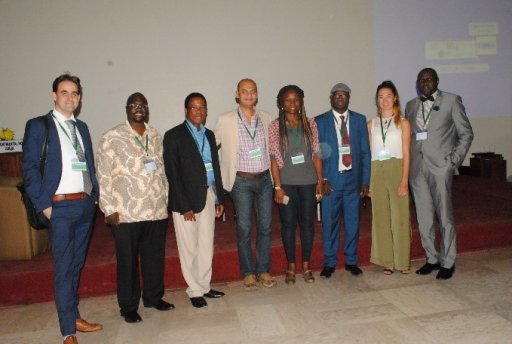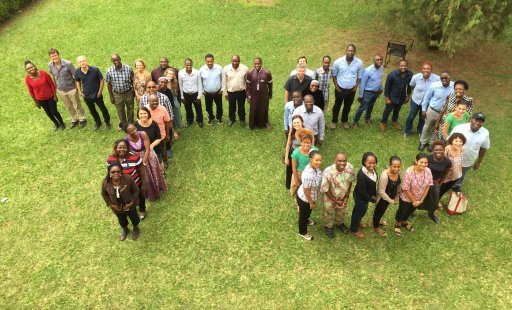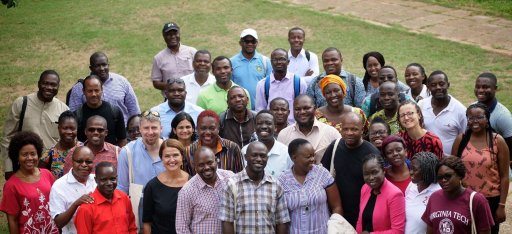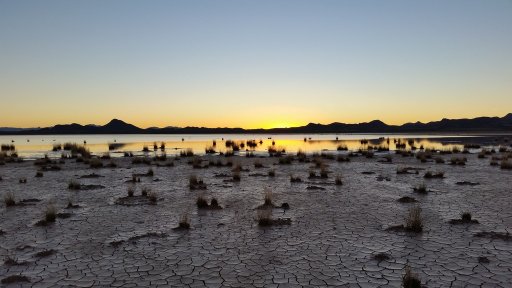Abidjan, the fast-growing capital of Côte d’Ivoire, is facing unprecedented threats to health and livelihoods due to deadly annual floods. For cities in sub-Saharan Africa, floods have been one of the major manifestations of climate variability, with increasing frequency and magnitude in recent years. The floods – which happen during the annual rainy season from April to October – had a death toll of 20 people in Abidjan in June 2018, according to the national protection agency (ONPC). Neighbourhoods both rich and poor, formal and informal, are hard-hit: from the wealthy Cocody neighbourhood, where many embassies and the presidential palace are located, to the teeming working-class Abobo neighbourhood.
Flood management is too focused on emergency response
The impacts of floods are aggravated by a short-term approach to disaster risk management that stresses emergency response over building long-term resilience. Responses to the floods have tended to focus on providing relief items to victims, to the neglect of potentially deadlier outcomes of the floods: water-borne diseases such as cholera and leptospirosis, which is transmitted through contact with infected animals. In urban areas transmission is usually rodent-borne and associated with poor hygiene and sanitation, inadequate waste disposal and overcrowding. The flooding increases the incidences of disease transmission to humans. Although there have been no large outbreaks of water-borne diseases in recent years, Abidjan has experienced large outbreaks of cholera in the past and continues to be at high risk. There are reported cases of cholera every few years, with the highest incidences occurring between the months of June and November.
Despite this, the health risks posed by floods are not integrated into the city’s flood management strategies, with agencies such as the sanitation planning office and the Ministry of Health working in isolation. Focus on immediate flood emergency response has taken attention away from any long-term resilience planning for the city. As such, the interlinkages between floods and health risks have remained largely ignored, leaving the city vulnerable to an epidemic.
Knowledge co-production for advancing the long-term resilience of Abidjan
Given the complex and contextualized nature of floods and their associated health risks, finding successful solutions is beyond the scope of any one actor or discipline. This is why Parfait Kouamé and researchers at the Centre Suisse de Recherches Scientifiques in Côte d’Ivoire (CSRS) are working with practitioners, municipal authorities and the local population to help to integrate health aspects in flood management in Abidjan.
For Kouamé, one thing that became clear early on in the research process is the lack of integration among the stakeholders, making all efforts to improve sanitation and waste management in the city not resilient enough, especially during floods.
Using the knowledge co-production approach, with scientists working with other stakeholders, the research team hopes to gather a more comprehensive understanding of the flooding phenomenon and its associated health risks.
The academic expertise involved in the project includes WASH (water, sanitation and hygiene), sanitation planning, health, epidemiology and socio-anthropology. The non-academic stakeholders, whose expertise is essential to having a holistic understanding of the problem, come from government institutions such as the Ministries of Health and Environment and Sustainable Development, and the Office of Sanitation and Drainage; Municipal authorities such as the District of Abidjan and National Civil Protection Agency; international organizations such as the United Nation’s Children Fund (UNICEF) and World Health Organization (WHO), and representatives of vulnerable populations.
A different way of doing research
Bringing different stakeholders and disciplines together in knowledge co-production allows investigators to examine the issue of inquiry from many different perspectives. This approach does not replace basic field research but rather shapes and adds to its processes. The research team is gathering data in many ways with inputs from different stakeholders. First, the researchers are collecting water samples from flood incidences, and urine and blood samples from rodents at the study sites in the Abobo and Cocody districts of Abidjan. These samples then undergo molecular data analyses to detect the presence and levels of pathogens. Second, the research team will collate data from the regional health department, surveys and stakeholder fora to get a more comprehensive understanding of the problem.
This forces the researchers out of their labs, and for many of them it is the first time that they have to directly involve stakeholders in producing knowledge. Unlike conventional research, the approach is slow and time-consuming. The researchers have to constantly navigate the complexities of different stakeholder interests so as to focus the outcome of interactions on the objectives of the research. However, they consider the approach necessary in producing relevant practical knowledge that directly benefits communities and policy-makers.
For the LIRA research team at CSRS, the benefit of engaging stakeholders in the research process is essentially that it helps to build long-term collaboration and partnerships. Furthermore, the researchers hope to increase understanding of the problem and to produce knowledge that provides an effective solution. “Our engagement with stakeholders at the beginning of the project allowed us to refine and consolidate our research design. This helped us to gain insights and to expand our research to include practical solutions around sanitation that we had not considered previously”, said Kouamé.
The team is framing the knowledge co-production around the specific challenges and needs of the two main groups of stakeholders: the exposed communities and policy makers.
For communities, the research will offer more sustainable and effective waste disposal and collection practices, thereby mitigating the risks of contamination during flooding events. For policy makers, the research will provide the knowledge needed to make informed decisions and policies. It is also hoped that the involvement of policy makers in the process will enhance the commitment to implement the findings, as well as to mobilise the funds required to improve sanitation infrastructures.
Through the co-production of knowledge, the CSRS researchers are learning more about the complexities of the health risks of flooding. They believe that this will help to produce knowledge that is more comprehensive and that will help prevent a likely epidemic. Ultimately, the researchers hope to see a resilient Abidjan “without death after floods, with reduced risks of water-borne diseases, and with a robust strategy for dealing with the annual floods”.
This project is being supported by the LIRA 2030 Africa programme.
[related_items ids=”636,6627,6631″]
